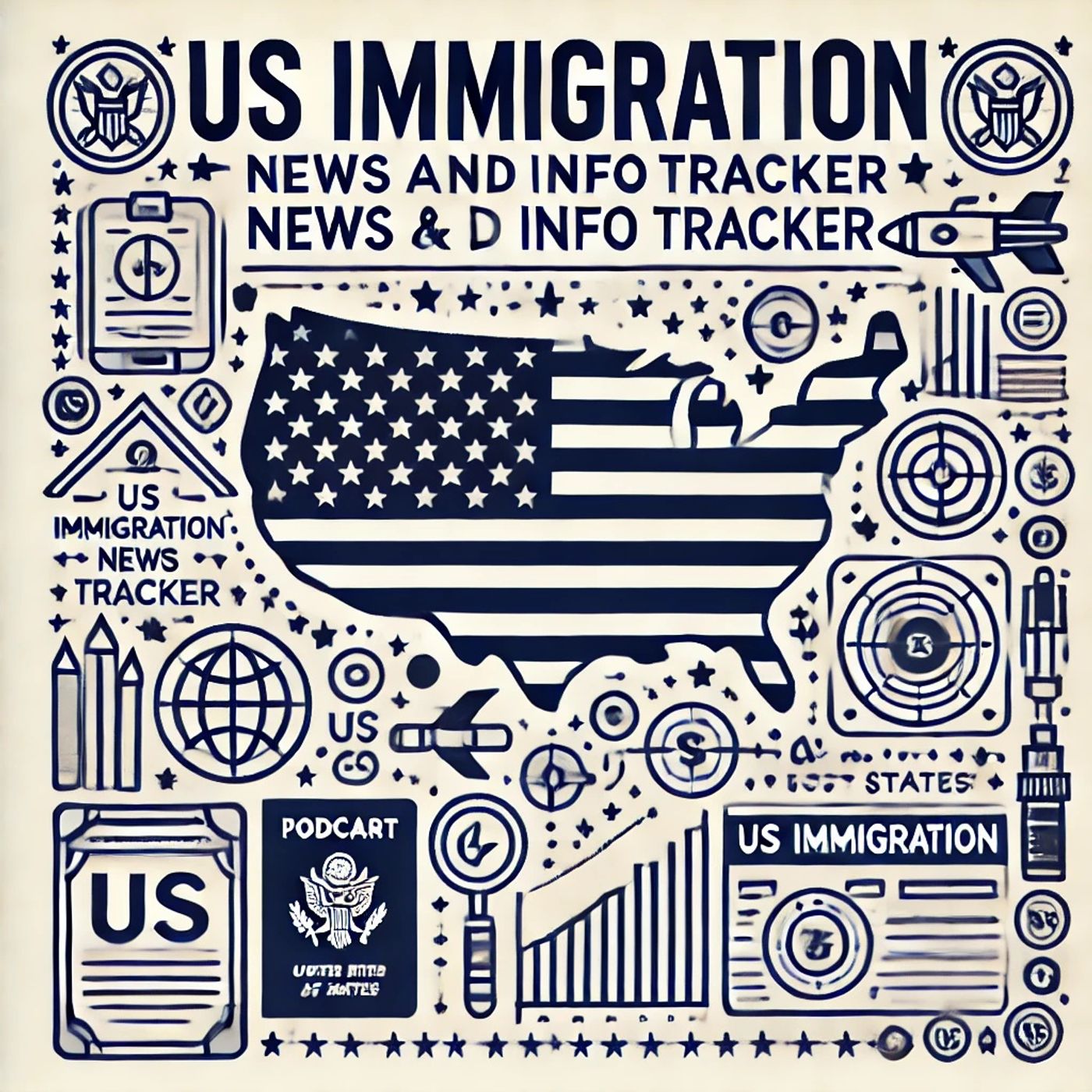Jan 25 2025 3 mins
In the early days of his presidency, Donald Trump laid the groundwork for a significant shift in U.S. immigration policy, aiming to fulfill his campaign promise to tighten national borders. This ambitious move has been marked by a multifaceted strategy that includes deploying military troops to the U.S.-Mexico border, empowering immigration officers, and initiating a series of arrests and raids across the country.
Trump's approach to immigration reform took a decisive turn with the mobilization of military personnel to the southern border. This action was primarily intended to bolster border security and curb illegal immigration, a central tenet of Trump's electoral pledge. The presence of troops was not only a physical deterrent but also a psychological one, signaling a new era of stringent border oversight.
At the heart of Trump's immigration policy is the strengthening of Immigration and Customs Enforcement (ICE). ICE officers, now armed with broader authority, began executing targeted operations aimed at apprehending undocumented immigrants. These operations marked a departure from the previous administration's focus on removing individuals with serious criminal records. Under Trump, the net was cast wider, leading to a significant increase in the number of arrests.
One of the foremost priorities was the deportation of individuals residing in the United States without legal authorization. The intensified raids signaled a clear message: all undocumented immigrants, regardless of their criminal background, were potential subjects for removal. This move resulted in a ripple effect, causing fear and uncertainty within immigrant communities across the nation.
While the administration justified these actions as necessary measures to uphold the rule of law and protect national security, critics argued that such policies led to human rights concerns and the separation of families. Advocacy groups raised alarms about the potential for racial profiling and the erosion of trust between immigrant communities and law enforcement agencies.
The focus on bolstering border security and empowering immigration officers matched Trump's larger agenda of establishing a more restrictive immigration framework. His administration also signaled intentions to review and potentially overhaul other facets of U.S. immigration policy, including the legal immigration process and sanctuary city policies.
Trump's actions during his first week in office set the tone for an aggressive stance on immigration that would continue to shape his presidency. By emphasizing enforcement and security, he sought to redefine the national conversation around immigration, framing it as both a legal and a security issue.
Trump's approach to immigration reform took a decisive turn with the mobilization of military personnel to the southern border. This action was primarily intended to bolster border security and curb illegal immigration, a central tenet of Trump's electoral pledge. The presence of troops was not only a physical deterrent but also a psychological one, signaling a new era of stringent border oversight.
At the heart of Trump's immigration policy is the strengthening of Immigration and Customs Enforcement (ICE). ICE officers, now armed with broader authority, began executing targeted operations aimed at apprehending undocumented immigrants. These operations marked a departure from the previous administration's focus on removing individuals with serious criminal records. Under Trump, the net was cast wider, leading to a significant increase in the number of arrests.
One of the foremost priorities was the deportation of individuals residing in the United States without legal authorization. The intensified raids signaled a clear message: all undocumented immigrants, regardless of their criminal background, were potential subjects for removal. This move resulted in a ripple effect, causing fear and uncertainty within immigrant communities across the nation.
While the administration justified these actions as necessary measures to uphold the rule of law and protect national security, critics argued that such policies led to human rights concerns and the separation of families. Advocacy groups raised alarms about the potential for racial profiling and the erosion of trust between immigrant communities and law enforcement agencies.
The focus on bolstering border security and empowering immigration officers matched Trump's larger agenda of establishing a more restrictive immigration framework. His administration also signaled intentions to review and potentially overhaul other facets of U.S. immigration policy, including the legal immigration process and sanctuary city policies.
Trump's actions during his first week in office set the tone for an aggressive stance on immigration that would continue to shape his presidency. By emphasizing enforcement and security, he sought to redefine the national conversation around immigration, framing it as both a legal and a security issue.
